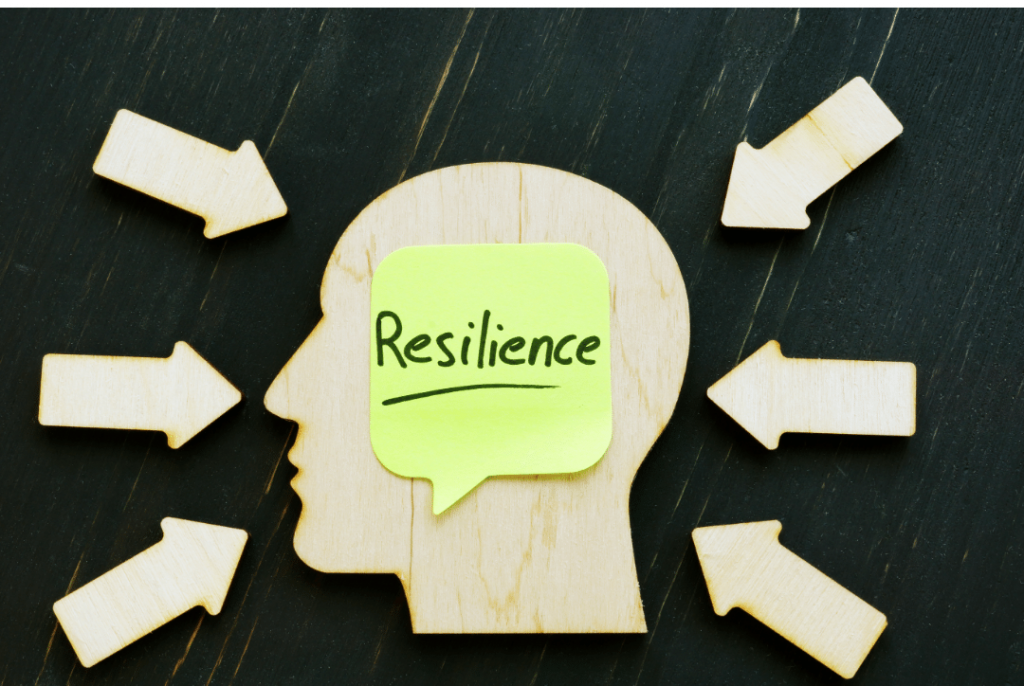Education & Career Trends: February 4, 2023
Curated by the Knowledge Team of ICS Career GPS

Excerpts are taken from an article published on psychologytoday .com.
Losses, failures, and setbacks are inevitable in life. However, psychologically strong people may ultimately employ coping mechanisms, either innate or taught, to assist themselves progress through and rebound from certain challenges. It takes time and really relies on the severity of both the loss and “failure.”
So, how do mentally resilient people bounce back?
According to research, those who are mentally resilient tend to exhibit specific attributes and temperamental features that help them recover more quickly from setbacks. For example, emotional maturity is crucial for mental fortitude and perseverance since it enables one to accept facts for what it is.
In contrast, emotionally immature people frequently deny reality and reinterpret unfavourable facts to actually fit with their preconceived notions. Contrarily, those with strong mental faculties recognise the outcomes of their actions, including the capacity to move on.
However, by using specific techniques based on the following 6 things that mentally strong individuals do, everyone may increase their resilience through difficult situations.
1. They accept situations as they are
- They understand that setbacks and perceived “failures” are a part of life for everyone.
- When taking chances and stepping outside of one’s comfort zone to, say, pursue a certain goal, some degree of “failure” or setback is to be expected.
- Accepting reality as it helps people to avoid blaming themselves unduly.
2. They reframe setbacks
- People with great intellectual capacity approach problem-solving with an open mind, flexibility, and a tendency to shun dogmatic thinking.
- They offer resilient and upbeat self-talk to help people overcome obstacles.
- Wayne Dyer, a late author, is quoted as saying, “If you alter the way you look at things, the things you look at change.”
- It is possible to develop new cognitive reframes and self-narratives by altering how you describe a failure.
- In order to establish a new self-narrative, inventor Thomas Edison, for instance, reframed his “failed” experiments in the following way: “I haven’t failed; I have merely found 1,000 ways that do not work.” He was certain that each setback took him one step closer to the answer.
3. They use their setback to fuel further development
- They question, “What more may I have done differently? What did I discover about what functions and what did I discover about what malfunctions?”
- For instance, reflecting on a failed relationship may help someone learn to pay closer attention to warning signs or the intuition that they placed aside at the beginning of the relationship.
4. They express their emotions honestly and admit their dissatisfaction
- People with strong mental resilience don’t wallow in or hide their emotions.
- They accept them and allow themselves some time to reflect on the setback.
- Sadness, disappointment, devastation, and rejection are common emotions that pose no threat.
5. They possess optimism
- Studies have revealed a connection between optimism and life satisfaction through self-control and resilience.
- Resilient people typically have an upbeat attitude on life.
- They are aware that as long as they keep trying, any failure can be overcome.
- For instance, the late Steve Jobs was let go from Apple, the business he founded.
- It was the nicest thing that has ever occurred, he subsequently said.
- He took advantage of the chance to change course and founded Pixar and NeXT.
- You can’t always understand things right away, but as you piece together your history, you might be able to see that there was a good purpose behind your perceived failures.
6. They are compassionate with themselves
- When you’re feeling low, consider asking yourself, “What would I say to a close friend who experienced what I’m experiencing?” to help you find self-compassion.
- Additionally, mindfulness practises might encourage self-compassion since they enable one to accept their emotions rather than repress them.
- For instance, some mindfulness techniques encourage practitioners to recognise inwardly that “this is a time of suffering” (Singer, 2015).
- Additionally, mindfulness can assist someone in reminding oneself that they are not alone; in fact, many other people are experiencing the same things as they are right now.
…
Have you checked out yesterday’s blog yet?
4 Simple Ways To Enter A Flow State Of Mind And Boost Productivity
(Disclaimer: The opinions expressed in the article mentioned above are those of the author(s). They do not purport to reflect the opinions or views of ICS Career GPS or its staff.)
Like this post? For more such helpful articles, click on the button below and subscribe FREE to our blog.




One Reply to “6 Ways Mental Resilience Helps Us Face Setbacks”